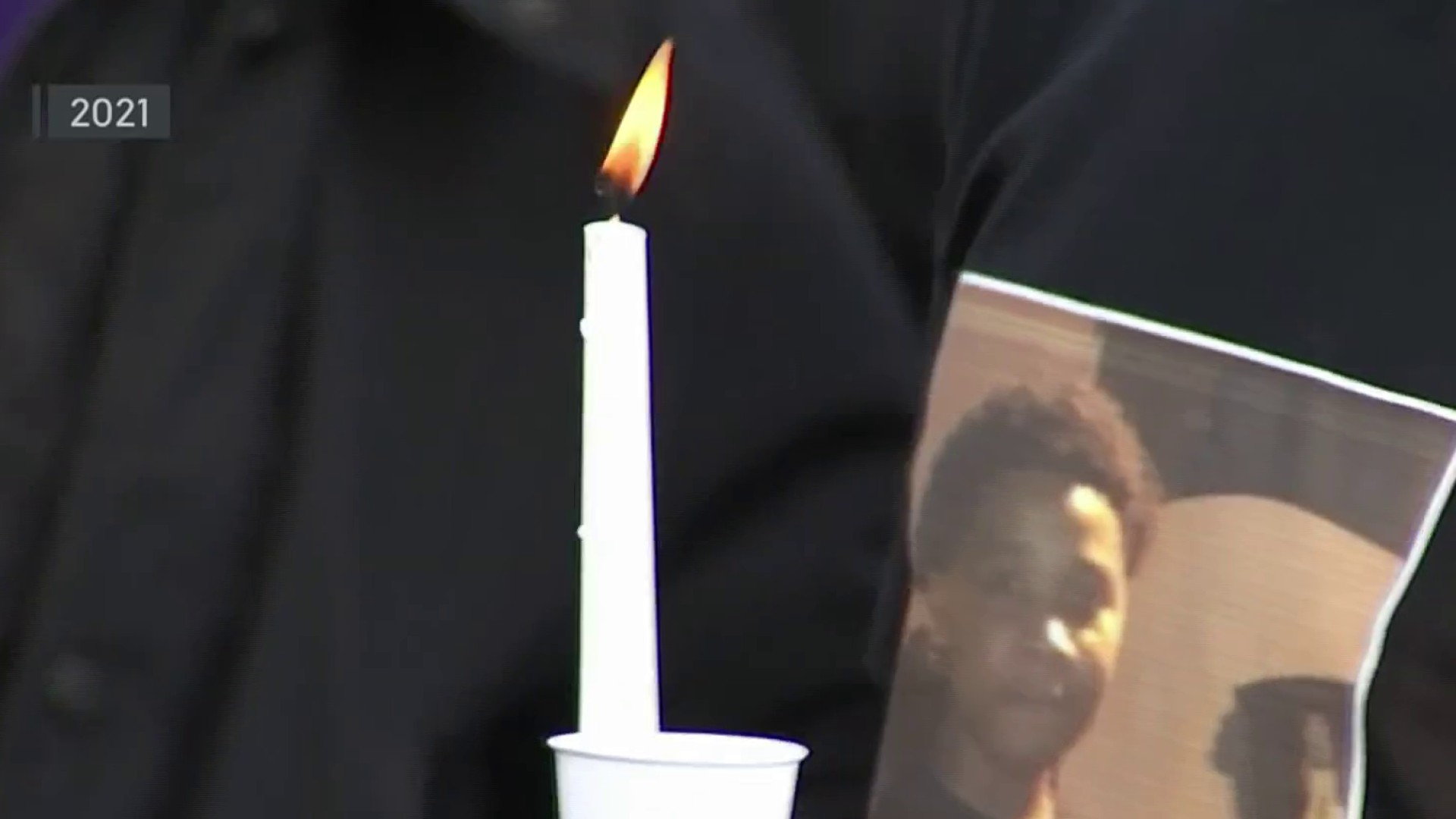DAMASCUS, Md. -- Calls came pouring in from all over the U.S. to adopt 81 birds rescued from "filthy" conditions in a Montgomery County home. But since most of the birds can't be adopted yet, rescuers are asking for donations to help take care of all their new feathered friends.
Most of the 81 exotic birds were found packed in cages inside a small bedroom at the Montgomery County home. Some had no food or water in their moldy dishes. The room was filthy. Bird droppings were everywhere.
Some of the parrots were forced to live together in small pet carriers. Two of the birds had already died.
Brian Wilson, with The Wilson Parrot Foundation in Damascus, Md., got the call one Saturday evening in early February. The owner of the home, an elderly woman, pleaded for help.
The birds were being neglected and were in unsanitary conditions, according to Wilson. A nephew living with the elderly woman was trying to breed the birds and let the situation get out of control.
“She was crying, she was screaming, saying the birds were dying. I had to do something,” Wilson said from his two-story home which he has turned into a bird sanctuary for his foundation.
With a team of about a dozen volunteers, Wilson drove the foundation’s RV to the house and started assessing the situation. He was shocked to find 81 birds -- including parakeets, cockatiels and macaws -- living in disturbing conditions.
Local
Washington, D.C., Maryland and Virginia local news, events and information
“It was the filthiest room I’d ever seen. There was mold and mildew everywhere. The stench was so bad,” Wilson remembered.
One of the most upsetting moments of that day was when Wilson and his volunteer coordinator, Lisa Nichols, found the two birds that had already died. One of the volunteers was holding another bird when that one died too.
“It was pretty upsetting,” Nichols admitted.
Wilson declined to reveal the name of the person who was keeping the parrots. He believes the man trying to breed the birds is an animal lover who just got in way over his head.
The team of bird helpers worked all night taking the parrots to the foundation. Inside the back of a separate garage at Wilson’s home, a small heated room would have to serve as the quarantine zone. All the birds were stacked in large cages up to four high in the room.
Within days of their arrival at the foundation, about 700 requests poured in to foster the rescued parrots. Wilson permitted about two dozen of the birds to go to foster homes, but then decided the remaining parrots needed to be tested for diseases before they could be adopted. He has stopped taking requests to adopt the birds, because they already have more requests than birds.
Many of the birds have experienced little human interaction. They often cower in a cage corner if a person even comes close. Volunteers will spend time with those birds until they're more comfortable with people. Workers are confident the parrots will be wonderful pets some day.
Wilson is a retired firefighter who started his foundation about 10 years ago. Four years prior, in 1995, he suffered serious brain damage in a car accident that killed one of his beloved parrots. The accident left Wilson paralyzed on the right side of his body. Wilson said his two other parrots actually helped teach him how to speak again.
Most of the birds at his foundation were either given to him or rescued. Wilson finds it hard to ever turn down a bird in need.
Even before adding all these extra mouths to feed, the Wilson Parrot Foundation was struggling to stay afloat. Because of the economy, donations are down.
To make ends meet, Wilson and his volunteers sometimes take their long-time parrot residents to the Alexandria waterfront. Tourists pay for photos with the colorful birds placed all over their arms, shoulders, and even on their heads.
Wilson also takes his parrots to local nursing homes and schools. People even pay to have the parrots show up at birthday parties and other events.
Wilson is not sure how he'll afford to take care of all these additional birds until they're all adopted out. He's hoping people will see the story and make a donation through the foundation's Web site. The birds will be available for adoption after they're tested for diseases and those tests will mean lots of vet bills, too.
*This article was originally written for American University's Interactive Journalism masters program.



